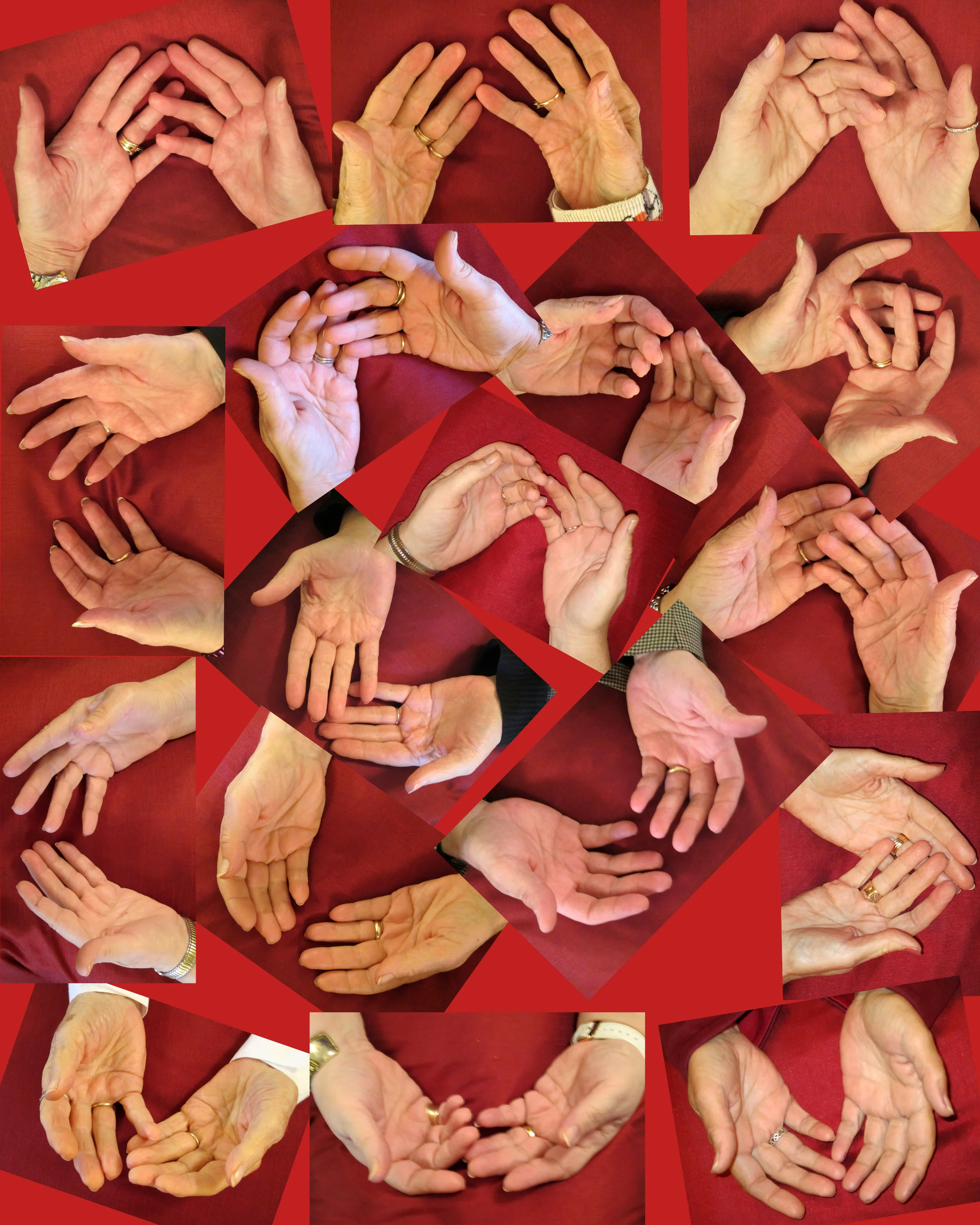Resentment
“Resentment is like drinking poison and waiting for the other person to die.” Attributed to St. Augustine and many others.
So many people come for spiritual direction because of resentments of harms done to them by other people. These resentments block us from a relationship with God as we obsess about what this person has done to us, thinking about this injustice more and more. The person or the event becomes our higher power, our God. There cannot be a relationship with God because so much of our existence is centered on what was done to us and how we can react or even cause harm to that person. My experience is that when I can calm down and have some realization that this person indeed has become my God, I attempt a pathway to forgiveness. I don’t want this person or situation to be my higher power, to take up so much space in my limited life.
The first step is praying daily for that person. Praying does not change the person that harmed us but praying can change us.
One other observation can be helpful. We do not have far to look to see others whose resentments for harms done to them have taken over their existence. Some try to hide it. Some openly live a life of resentment. It changes who they are. Anger, bitterness, self-centeredness live in that body. Wholeness is excluded. Some become almost paralyzed by the resentment and cannot deal with life on life’s terms. They in turn begin to resent others who do not appreciate the harm that was done to them. Addictions creep in as temporary harmful solutions to the increasing pain that the resentment brings. That person who harmed them is still hurting them. It is a very sad, isolated life, an icon of who or what we do not want to be.
Forgiveness is our only option if we want a relationship with God and a relationship with others.
Joanna joannaseibert.com


